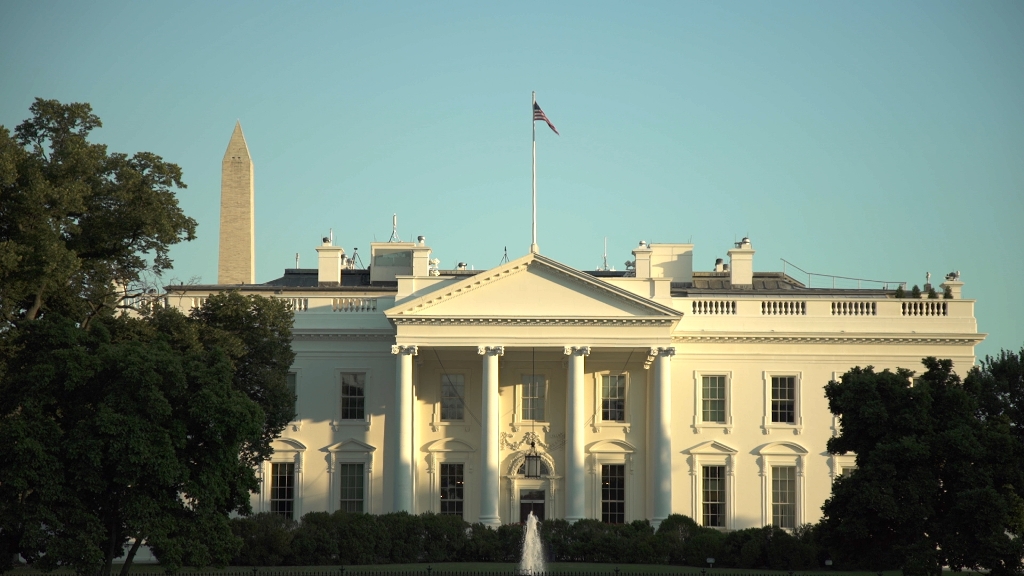Kein Wahlkampf ist so unbarmherzig, teuer und faszinierend wie der amerikanische Präsidentschaftswahlkampf. Gut 200 Millionen Wähler entscheiden nach einem Marathonwahlkampf, wer der mächtigste Mann oder die mächtigste Frau der Welt werden wird. Die ARTE-Dokumentation erzählt die Geschichte des Duells um das Weiße Haus am Beispiel von Wahlkämpfen, die selbst Geschichte geschrieben haben: vom TV-Duell Nixon gegen Kennedy 1960 über den Watergate-Einbruch beim Wahlkampf 1972 bis hin zum Sieg der Internet-Strategie von Barack Obama 2008. Jeder Wahlkampf zeigt eine entscheidende Änderung, einen Trend, der sich bis heute fortsetzt und aktuelle Wahlkämpfe bestimmt.
Seit dem Beginn des Fernsehzeitalters mit der ersten TV-Debatte 1960 sind die Methoden der Inszenierung immer komplexer, teurer und skrupelloser geworden. Schon der kleinste Fehler, ein falsches Wort oder ein schlecht inszeniertes Bild können die Wahl entscheiden. War es in den 60er Jahren noch das “Produkt”, das heißt der Kandidat und das Programm, das für sich selbst stand, drehte sich in den 70er und 80er Jahren alles um das Verkaufen, um Strategien, wie die Botschaft und der Kandidat dem Volk nahe gebracht werden können. Ab den 90er Jahren wechselte die Strategie zur “Marktorientierung”. Nun bestimmten zuvor eingeholte Umfragen, mit welchen Themen und Positionen eine Mehrheit im Duell zu holen sei.
Erstausstrahlung: November 2016, ARTENo election campaign is as ruthless, as expensive and as fascinating as the US presidential election campaign. A good 200 million voters decide who will be the most powerful man or the most powerful woman in the world. Before this happens, there is a unique campaign marathon every four years.
The documentary “Duel for the White House” looks behind the scenes of the election campaigns of past decades. It tells the story of the duels that have written history: from the first TV debate Kennedy vs Nixon in 1960 to the Watergate scandal in 1972, to the victory of the internet strategy of Barack Obama in 2008. Each duel had its own history. Again and again the election strategists have developed new techniques: Political attacks and show business methods, all available means were used. In the 60s and 70s, the consultants become more professional. More and more they begin to understand the laws of the medium television, they use it more and more effectively. The election campaigners not only communicate political content, they often only appeal to emotions. In the 1980s, it was tested how far the candidates could go with their personal attacks on their opponents without harming themselves. With the advent of countless new TV channels, electoral promotion is increasingly aimed at small groups of potential voters. And the internet not only opens up new ways of financing through massive small donations, it also allows the seemingly personal approach of individual voters through unimagined possibilities of data collection.
Former campaigners, journalists, and electoral researchers comment on television debates and campaign commercials of the great election campaigns. Ted Koppel, former anchorman of ABC Nightline and election campaign correspondent, reports on his experiences and provides sharp analyzes. Jim Lehrer, who has hosted many TV debates, gives first-hand insights. And Marlin Fitzwater, at that time press consultant of Ronald Reagan and George Bush, describes the elaborate preparation of the candidates before the TV debates. The German Frank Stauss also gives insight, he was an election employee with Bill Clinton, now he is the owner of a communications agency and a political consultant.
Film material was collected from American archives that shows us the candidates from a personal, sometimes also very private side. Most of it has not yet been broadcast on European television. When the documentary reviews campaign commercials from five decades, we will be reminded of the way we were back then, of how we looked and felt. Clips from TV shows with Richard Nixon let us understand how in 1968, the unpopular candidate managed to look more sympathetic. The original recordings of seemingly random street interviews give an impression of the meticulous work done on television. Not least, the importance of the campaign financing has grown. But money is not everything. Nixon sweats in front of the camera, George Bush looks at his watch at the wrong moment.
It is not only since 2016 that the election campaign in the USA is a topic that moves the entire world. Author and director Ingo Helm, who has made several award-winning documentaries for Arte, ZDF and others, leads us into the fascinating world of duels whose winners are rewarded with a residence in the White House.

